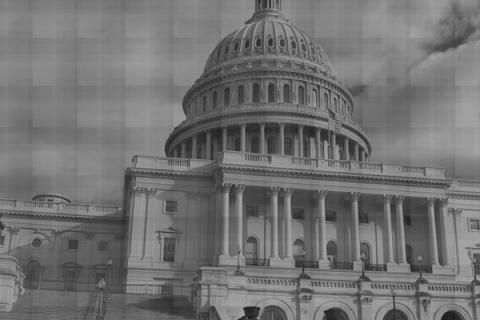The presence and influence of California’s Decline to State voters will be felt more this election cycle than ever before. Newly drawn California State Assembly and Senate lines, in combination with this year’s open primary process, will dictate that candidates seeking to win in a competitive district must engage and win over a sizable chunk of Independent voters. Independents being a largely ignored demographic (until the general election that is) has become a thing of the past.
The contest in the 8th Assembly District will be among several key races to watch this year, and like many other swing seats, there is no shortage of partisan candidates. Sitting Assemblywoman Alyson Huber’s announcement in early December that she will not seek re-election in the East Sacramento district has left the field open for her fellow Democrats Ken Cooley, Chris Parker, and Larry Miles. They will now face Republicans Barbara Ortega and Peter Tateishi.
At first glance, the voter registration numbers suggest a slight advantage for Democrats running in AD 8. However, this is a district that has always been fiscally conservative and has shown a willingness to split tickets at the polls. Voters opted for both Republican U.S. Senate candidate Carly Fiorina and Republican Attorney General candidate Steve Cooley over their Democratic counterparts during the last election cycle.
The need to woo DTS voters will reshape the way party leadership and political consultants strategize in the run up to June primary elections- appealing solely to your base is no longer sufficient in many cases.
It is no secret that Republicans in the State Assembly and Senate are pinning their hopes on keeping Democrats below the 2/3rds majority threshold. Whether or not they are able to do so will be largely dependent on a few key races, as well as the ability of the candidate to maintain their base while picking up enough swing votes along the way.
The 8th Assembly District will be a battleground in which a Republican candidate has a sound prospect of coming out victorious, given that he or she is able to entice DTS voters. In a district where approximately 18% of the voting population self identifies as “Other” or “No Party Preference”, the need to appeal is great.
However, the question remains: where are the truly Independent candidates in this race? In an era where state and national legislatures have dismal approval ratings, will voting for partisan candidates suffice for the growing number of Decline-to-State constituents nestled in districts like AD 8?
